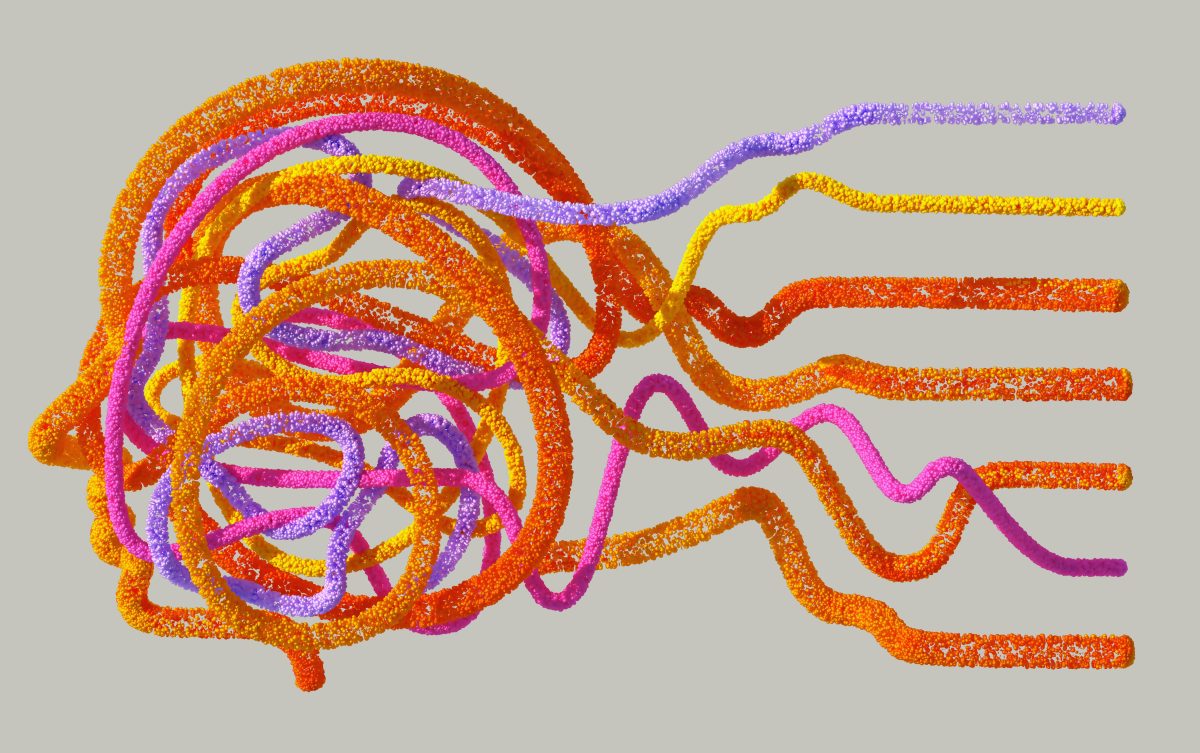
By Sia Spark & Melanie Heyworth
As we explore Autism, many of us begin to resonate with elements of the Autistic experience. We might begin to reassess our past through a lens of curiosity, seeing if Autism might explain or help us to understand our experiences. We might begin to question what we always held as “normal”. It might always have been your “normal” to develop a migraine at bright lights or strong smells, or to have deep, intense, all-consuming passions, or to struggle with large group socialising, or to feel a sense of great safety in having a consistent routine and expectations.
But when we begin to understand these as “Autistic normal” not necessarily “non-autistic normal”, we might question our own identity.
There may be some elements of our experience which don’t seem reflected in the experiences of the Autistic people we know and read about. Or maybe we’ve just learnt to mask (or bury our organic Autistic selves) so deeply that we’re not sure who we are or what our we might be like in different circumstances.
These are all persistent thoughts that may stop us from seeking diagnosis or exploring our Autistic identity further.
There are many reasons which might prompt us to query our identity. There are equally as many that undermine our efforts to find clarity around our identity.
Having questions about whether you’re Autistic or not doesn’t mean that you’re not Autistic! It might mean that…
Any or all of these things might be characteristic of your experience, and so your exploration of your identity needs to be shaped by these considerations too.
Even for those of us who feel strongly – who know! – that we are Autistic, formal diagnosis is a privilege and is not accessible to many of us. This might be because:
Finding clarity about your identity is a journey, and for some that journey is much longer than others. Exploring your identity with other late-identified Autistic people might be very enlightening for some, while others will prefer to be supported by a professional (whether or not they pursue formal diagnosis ultimately). Others again will want to internalise this journey by considering and weighing up their past with a possible Autistic lens by themselves, over time. For some, the epiphany will be so blinding and obvious that the knowledge of our Autistic identity will be quick and emphatic.
Whatever your journey, whatever your way, your journey of self-examination is an important way to find clarity about your identity. And that’s definitely a worthwhile pursuit.

The Reframing Autism team would like to acknowledge the Traditional Owners of the lands on which we have the privilege to learn, work, and grow. Whilst we gather on many different parts of this Country, the RA team walk on the land of the Awabakal, Birpai, Whadjak, and Wiradjuri peoples.
We are committed to honouring the rich culture of the Aboriginal and Torres Strait Islander peoples of this Country, and the diversity and learning opportunities with which they provide us. We extend our gratitude and respect to all Aboriginal and Torres Strait Islander peoples, and to all Elders past and present, for their wisdom, their resilience, and for helping this Country to heal.